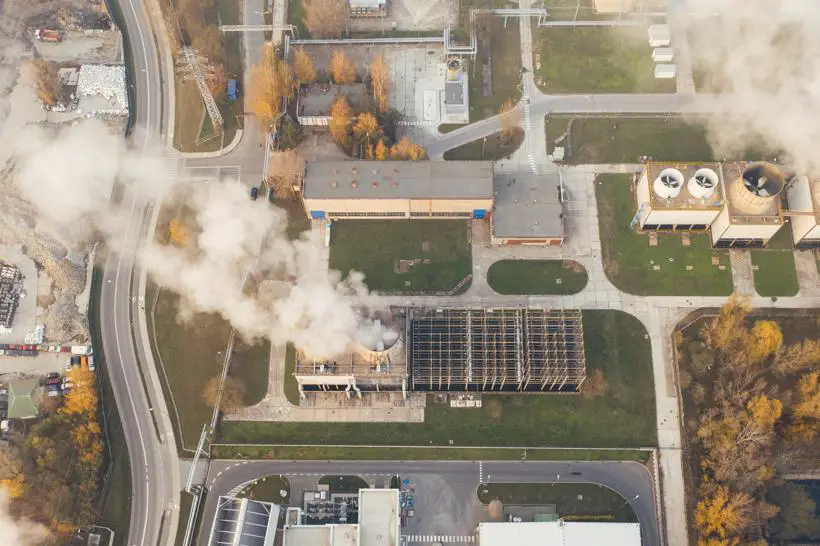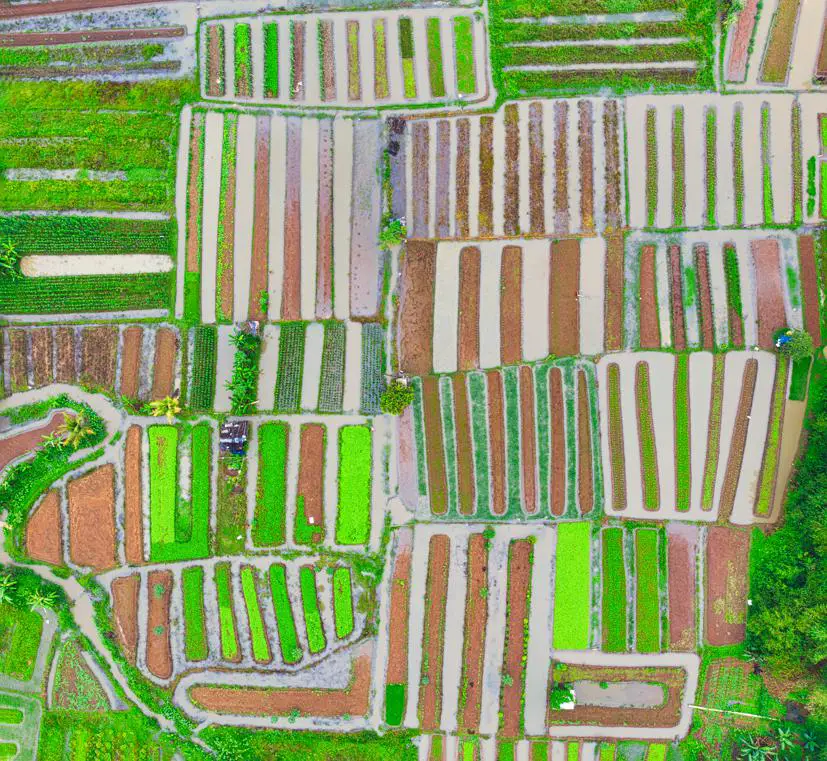The Health And Environmental Benefits Of Urban Farming
Urban farming is an increasingly popular trend in cities around the world, as it offers both health and environmental benefits. In this blog, we’ll explore these benefits and look at how urban farming can improve the health of citizens and the environment.
We’ll also look at how urban farming can help create jobs and bolster the local economy. Finally, we’ll discuss potential challenges and considerations for those interested in starting their own urban farms.
Health benefits of urban farming


Urban farming has become increasingly popular in recent years as a way to promote healthier lifestyles and reduce environmental damage. Not only is urban farming a great way to produce fresh, organic produce, but it also has a myriad of health and environmental benefits. From providing an opportunity to get physical activity and connect with nature, to reducing air pollution and preserving biodiversity, urban farming has the potential to improve the health of individuals and the planet.
Furthermore, urban farming can help to create more vibrant, livable communities and foster a greater sense of community spirit. With its many health and environmental benefits, urban farming is an excellent way to promote healthier, more sustainable lifestyles.
Environmental benefits of urban farming


Urban farming is a growing trend that has a variety of environmental and health benefits. This type of farming is especially beneficial in urban areas, as it provides locally grown food that is fresher and more nutritious than food that has been shipped in from other areas.
Urban farming also provides green spaces, which can help reduce air pollution and the urban heat island effect. Finally, urban farming is an activity that can be enjoyed by the entire community, creating a sense of connection and pride in the local environment.
Different types of urban farming


Urban farming has been gaining more and more popularity over the years, and for good reason! It’s a great way to grow fresh, healthy food while also having a positive impact on the environment. There are several different types of urban farming, each with unique benefits.
There are several different types of urban farming, each with unique benefits. For example, rooftop gardens are a great way to grow food in urban areas without taking up much space. Vertical farming utilizes hydroponics, aquaponics, and other techniques to make the most of limited space and grow a wide variety of crops.
Aquaculture is a type of urban farming that involves raising fish and shellfish in tanks or other water systems. Finally, traditional farming methods can also be used in urban areas, often with the goal of providing fresh, locally-grown food to local communities. All of these methods have the potential to bring about positive health and environmental benefits.
All of these methods have the potential to bring about positive health and environmental benefits. Urban farming can improve access to healthy food, reduce environmental pollution, and create green spaces in otherwise concrete jungles.
Challenges of urban farming


Urban farming can bring a host of health and environmental benefits to cities. From providing fresh, locally-sourced produce to reducing carbon emissions, urban farming is an effective way to promote healthier and more sustainable communities.
Urban farmers must contend with limited space, high operating costs, and the need to comply with complex regulations. Nonetheless, the potential health and environmental benefits of urban farming are too great to ignore, making it a compelling option for cities looking to promote sustainability and improve public health.
Success stories of urban farming


The health and environmental benefits of urban farming are significant and far-reaching. From reducing food insecurity to improving air quality, urban farming is a powerful tool for creating healthier, more sustainable cities. We’ve seen plenty of success stories of urban farming, from community gardens to rooftop farms and even vertical farms, that demonstrate how urban agriculture can become an integral part of a city’s infrastructure.
By providing access to fresh, locally-sourced produce, urban farmers are helping to improve the diets of many city dwellers, while reducing reliance on processed foods and reducing the environmental footprint of the food system. Additionally, urban farms can provide much-needed green space in otherwise grey urban environments, making the city a more pleasant place to live.
With its many health and environmental benefits, urban farming is a smart way to make cities healthier and more sustainable.
Bottom Line
In conclusion, urban farming has a number of health and environmental benefits. From providing fresh, locally grown produce to creating jobs and reducing the amount of energy used in transportation, urban farming is an important part of sustainable urban development. It also helps to reduce carbon emissions and water usage, while providing green space and promoting biodiversity.
Urban farming is an innovative way to address food security while improving the health and wellbeing of communities.







